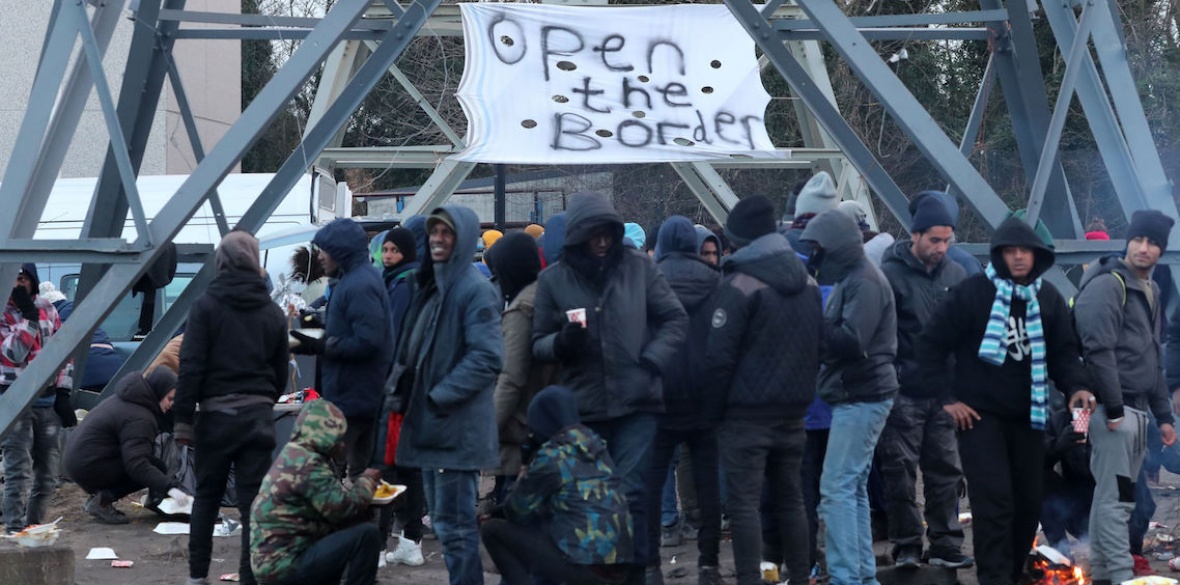THAT was the year that was.
Of the 10 richest areas in Northern Europe only one, Inner London, is in Britain. Of the 10 poorest only one, Hainault in Belgium, is not.
On an average day in Britain 3,700 people are hungry and broke enough to visit a food bank.
According to Shelter there are at least 320,000 homeless people, of these nearly 5,000 will be compelled to sleep on the street while last year more than 440 homeless people died on the streets or in temporary accommodation.
On an average day 5,400 people will suffer domestic violence. The Office for National Statistics tells us that 26 per cent of women and 15 per cent of men aged 16 to 59 experience some form of domestic abuse after the age of 16, equivalent to an estimated 4.3 million female and 2.4 million male victims.
All in all an estimated 7.5 per cent of women (1.2 million) and 4.3 per cent of men (713,000) experienced domestic abuse in the last year.
According to the Roundtree Trust four million workers are living in poverty — a rise of more than half a million over five years — while in-work poverty has been rising even faster than employment, driven almost entirely by increasing poverty among working parents.
Over four million children are living in poverty, a rise of 500,000 in the last five years.
Faced with these figures the government has reordered it priorities and declared a national crisis.
Because four people a day are arriving in Britain in rubber dinghies.
Britain is not part of the EU's Schengen agreement which removed border controls between EU states. As a consequence a number of both migrants and refugees who have entered the EU accumulate at the closest point between the Schengen area and Britain with the intention of coming to Britain.
This raises the question, who are these people? And how do they fit into the global picture of migration?
It seems that the migrant mix is in a state of constant flux. There are, of course, very substantial flows of North American, South African and antipodean citizens entering Britain and not all of them leave when they are supposed to. Curiously this seems to excite little official concern or media interest.
For the rest almost all come from areas blighted by climate change, poverty and underdevelopment, wracked by civil war or enduring invasion and bombardments or the after-effects of these.
People entering the EU from former Italian colonies mostly finish up in Italy, from former French colonies in Africa and elsewhere they stay in France, from Germany’s allies in earlier times — the Ottoman empire, Croatia and Kosovo — they settle in Germany.
From the areas where British imperial power was present or powerful, Iraq, Iran, Afghanistan and many territories in Africa they aim for Britain.
Simply put they come here because we were there. It is not surprising that migration flows follow the facts of history. If English is spoken then Albion is a beacon. If kith and kin already live and work here the desire for family reunion is a powerful driver.
Even more simply put they come here because the interest of British capital and its allies is excited by the presence of oil and natural resources.
We can match migration flows into Britain with startling simplicity to countries where British soldiers have been or still are based (mostly in defence of British capital) and where British bombs fall or have fallen.
The suggestion from Defence Secretary Gavin Williamson that a post-Brexit Britain should deploy its military even more widely than at present shows the Tories’ commitment to imperial predation abroad remains as firm as their refusal to help its victims.












